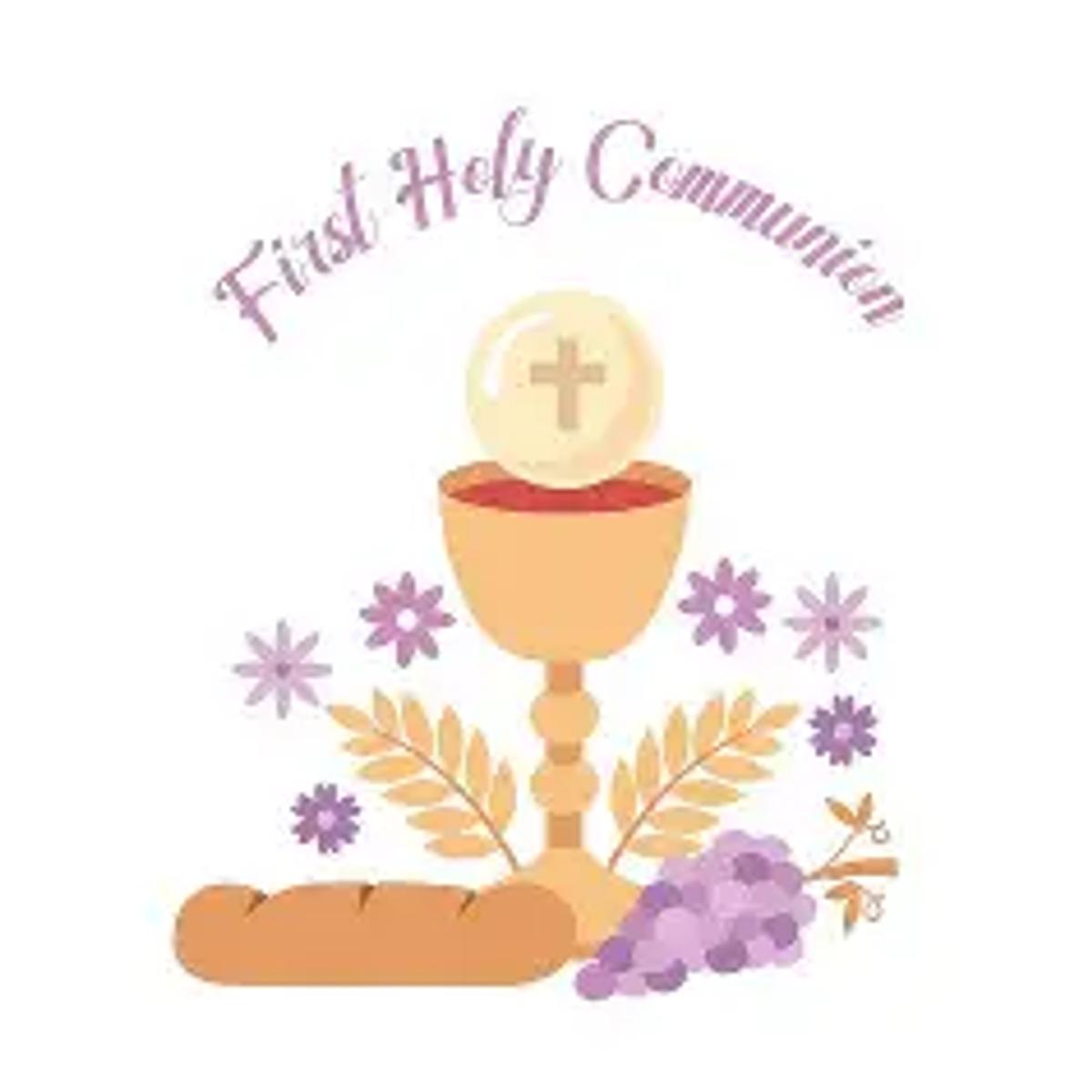RE News

First Communion Candidates
We keep in our prayers all the students who will be receiving their First Holy Communion over the next two weekends. This is a very special moment as they receive the Body and Blood of Jesus for the first time. We pray that this celebration deepens their faith and fills their hearts with God’s love.
Dates:
- Saturday 22 November at 6:00 pm
- Sunday 23 November at 10:00 am
Sacrament of Reconciliation
Please be aware that if you wish for your child to receive the next year, they will need to enrol in the Parish Sacramental Program. While the school provides learning about our faith and the Sacraments, children must be formally enrolled and attend the program through St John Vianney’s Parish in order to receive the Sacrament.
The Parish will be holding an information session on Tuesday 2nd December 2025, with two available times: 10.00am or 7.00pm.
Enrolments for the Reconciliation Program will close on 12th December 2025. After this date, enrolments cannot be accepted. Families who do not enrol by the closing date will need to have their child complete the Sacrament the following year or through a program offered by another parish.
Other key dates include:
Rite of Acceptance: Saturday 7th February at 6.00pm, or Sunday 8th February at 8.30am, 10.00am, or 5.30pm Masses
Workshop: Saturday 14th March at 11.00am
Sacrament of First Reconciliation: Saturday 21st March at 11.00am
If you wish to enrol, please contact the Parish Office on (03) 9546 3831.
If you have any questions, feel free to reach out to the Parish or the school.
Reconciliation (officially called the Sacrament of Penance, and also known as Confession) is a Sacrament instituted by Jesus Christ in his love and mercy to offer us forgiveness for the times we have sinned and turned away from God. At the same time, we are reconciled with the Church because it is also wounded by our sins.
Every time we sin, we hurt ourselves, other people and God. In Reconciliation, we acknowledge our sins before God and the Church. We express our sorrow in a meaningful way, receive the forgiveness of Christ and his Church, make reparation for what we have done, and resolve to do better in the future.
The forgiveness of sins involves four parts:
- Contrition: A sincere sorrow for having offended God, and a firm resolve not to repeat our sin.
- Confession: Confronting our sins in a profound way to God by speaking them aloud to the priest.
- Penance: An important part of our healing is the penance the priest gives us in reparation for our sins.
- Absolution: The priest speaks the words by which we are reconciled to God and are absolved from our sins.
How to Prepare for Reconciliation
We should begin with prayer, placing ourselves in the presence of our loving God.
We then review our lives since our last confession, searching our thoughts, words and actions for thatwhich did not conform to God’s command to love God and one another. This is called an examination of conscience. Some guided questions which may assist are below, based on the Ten Commandments.
Following the examination of conscience, tell God how truly sorry you are for your sins, and make a firm resolution not to sin again.
Examination of Conscience
My Relationship with God
- Have I taken steps to help me grow closer to God?
- Have I made myself present to God at Mass and in my daily activities?
- Is there a place in my life for prayer and for getting to know Jesus by reading the Good News in the Bible?
- Do I turn to God, Mary, and the Saints with love and reverence?
Myself
- Have I shown love and respect for myself as God’s good creation?
My Relationship with Family, Friends, and Neighbours
- Have I set a good example through my words or actions? Do I treat others fairly? Do I speak of others with kindness and generosity? Am I judgemental or compassionate?
- Do I show love, respect, and fidelity to those I love? How have I reached out to those around me - my family, neighbours, friends, the poor and the marginalised?
- Do I insist in getting my own way or am I open to listening to and working with others, even those who do not think like me? Do I see they have equal dignity to me?
- How have I uplifted others and affirmed they are God’s good creation?
- Is there room for forgiveness, repentance, and reconciliation in my life?
- Do I show care and respect for all of creation including animals, their habitats, and the ecosystems of our world? What can I do to promote sustainable living?
- Have I taken or damaged anything that did not belong to me? Was I envious of someone else? Have I cheated or lied?
- Do I promote and support life in all its stages?

